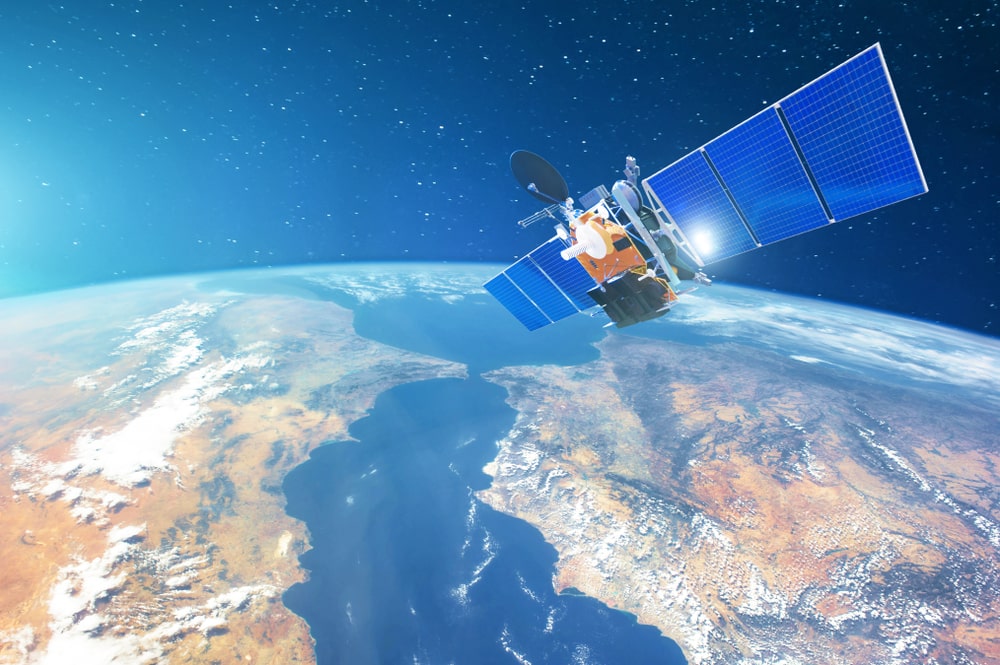
Space insurers need to increase their penetration in the LEO satellite market or risk becoming irrelevant to firms operating in that market, who are adopting the Space X model of self-financing their risks.
This was a key message from the Seradata Space Conference held in London, which was attended by representatives from the across the Space sector and (re)insurance.
A revealing statistic shown during the conference showed the challenge that Space (re)insurers face in breaking into the LEO satellite market.
Of the 6,100 satellites in LEO, only 63 are insured for a total of $3.1 billion. Meanwhile, of the 590 satellites in GEO and 280 in medium earth orbit, highly elliptical and other orbits, 238 are insured for a total of $24.7 billion.
Clearly, the growth of insured satellites is not proportion with the growth in the sector, and is too reliant on GEO satellites, while the industry moves towards LEO satellites.
This reliance on GEO satellites is understandable given the importance of insuring them, given their cost and value in satellite communications.
Space X, which leads the LEO satellite market, self-finances its own risks and has limited insurance. The danger, as one speaker suggested, is that this model of risk management spreads to other firms operating LEO satellites, making insurance almost irrelevant.
A clear goal for Space Insurers in the words of one speaker was to achieve “superior and profitable underwriting”. A goal that can be achieved not just by managing known risks, but also unknown risks, in particular cyber
The space industry, like all industries, faces a cyber threat. For Space insurers, the issue is rather tricky. It was the view of one speaker, that space insurers themselves have little appetite for cyber, and cyber insurers have limited appetite for satellites. A dilemma that if not resolved, leaves a large and unknown risk not accounted for.
Speakers pointed out the industry is undergoing a transformation to becoming a space-as-a-service helping to connect customers and businesses alike. As part of this journey, the industry is no longer just a provider of raw connectivity but is now a managing services provider.
While greater reliance on satellite technology for work, leisure and lifestyle brings numerous benefits, it does bring with it greater risks too.
One is Space Debris, which is an acute issue for LEO premiums. Therefore, it was no surprise to see when delegates respond with an empathetic were asked during a Russell Group-sponsored a Coffee Break, the following question:
“Do Space debris affect LEO premiums today?”
Another issue is geopolitics. One speaker pointed out that there is a militarisation of space at levels not seen for a long time.
This was reflected in data shown during the conference that highlighted that the United States and China lead all nations in terms of launches.
Therefore, given all this activity, it is no surprise to learn that Space is viewed as a critical sovereign infrastructure, on par with other industries such as Aviation.

Related Articles
Aviation
Aviation
Aviation